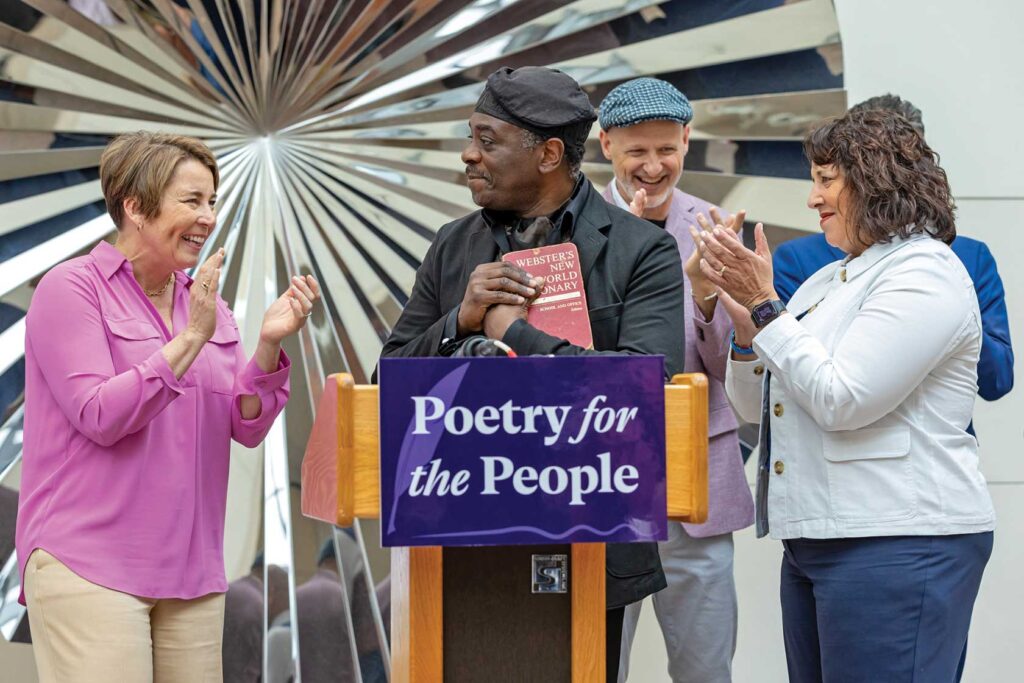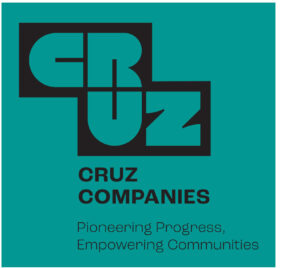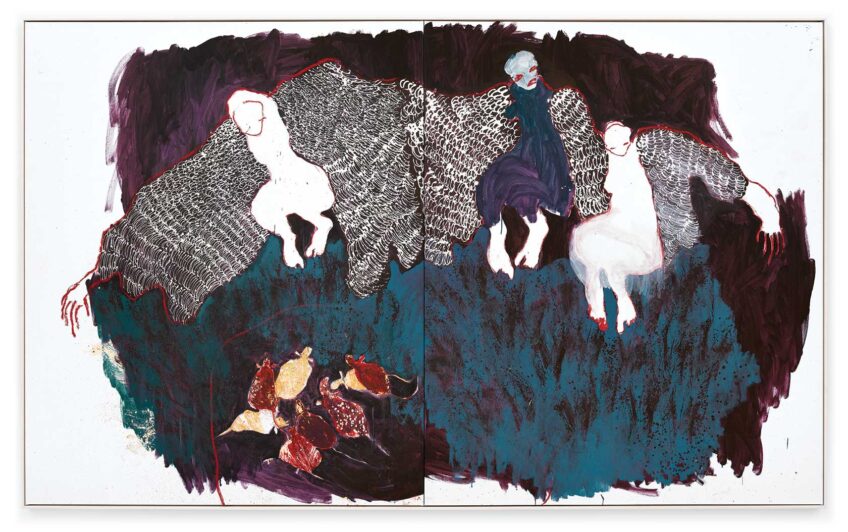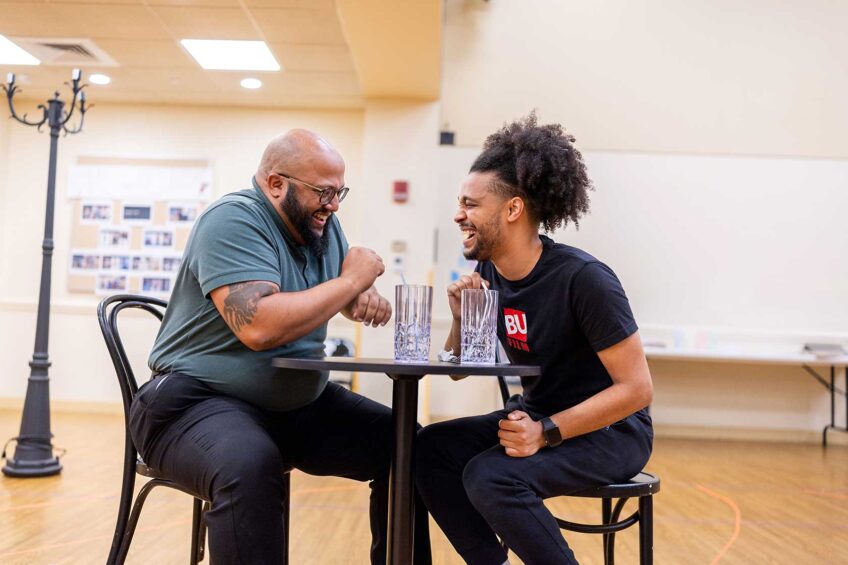
Banner Arts & Culture Sponsored by Cruz Companies
On May 30, the Commonwealth of Massachusetts gained its first poet laureate, joining 46 other states and the District of Columbia in designating an emissary to further the appreciation of poetry.
Regie Gibson, a spoken-word poet whose work often addresses social and historical themes with humor and hope, was named the inaugural poet laureate by Gov. Maura Healey and Lieutenant Gov. Kim Driscoll.
“Regie Gibson is a talented poet with a proven commitment to community engagement and a deep appreciation for the history, beauty and resilience of our state and our people,” said Healey, who signed the executive order to establish the role earlier this year. “He sees his poetry as a means of bringing people together, finding common ground and building stronger communities.”
The two-year appointment of Gibson was announced at the Peabody Essex Museum on the opening day of the 13th biannual Massachusetts Poetry Festival, which hosts more than 60 events at venues throughout Salem.
Selected for the two-year appointment from more than 100 applicants, Gibson is an assistant professor at Berklee College of Music, where he teaches courses on performance and spoken-word poetry and an instructor at Clark University, where he teaches introduction to poetry. He has also lectured and performed widely in the U.S., Cuba and Europe. He holds a master’s in fine arts in creative writing from New England College and lives in Lexington, where he is poet-in-residence at Cary Memorial Library.
Gibson will advance poetry and creative expression across the state through public readings and other events as well as innovative collaborative projects. Also he will advise schools on developing and enhancing poetry programs.
At the announcement, Gibson said, “Through engaging with poetry, we get a clearer sense of our own thoughts, feelings and inner music, but also our inspirations, aspirations and desperations — not only ours, but of many who have walked before us, and many who will walk after. Poetry, for me, is a sustained dialogue with ourselves across time. At a time when arts funding is being curtailed and so many civic programs are on the chopping block, I am so gratified to be in a state that believes poetry is not only a worthy endeavor but a civic good.”
Speaking by phone, Gibson said he regards poetry as “a binding tool that can help us get back to a better civic space with one another.”
As a practitioner of spoken-word poetry, said Gibson, “I pursue a tradition that goes back to the beginnings of human language.” His practice, he said, is informed by the blues, music rooted in the African diaspora. “It is mother’s milk to me. I came from Mississippi and then moved to Chicago, the same route traveled by blues musicians. For me, blues is the stem cell of American music. Based in African rhythmical patterns, the blues deals with all of the experiences we can have — love, betrayal, death, celebration. It’s a tragic-comic genre that all other American musical forms have either built upon or borrowed from.”
The recipient of multiple awards, Gibson published a poetry book, “Storms Beneath the Skin,” in 2001 and has composed and performed works that have earned him the title of “slam minstrel” as well as partnerships with traditional ensembles such as the Handel and Haydn Society. A new project will tell the story of the Middle Passage, the transAtlantic route of the slave trade from the west coast of Africa to the Americas; and his production “Massachusetts: A Song of Itself” uses music and poetry to celebrate the state’s endurance and growth through hardship, turmoil and change.
Asked how he discovered poetry, Gibson recalls the visit of Illinois poet laureate Gwendolyn Brooks, the first Black poet to win the Pulitzer Prize, to his third-grade classroom. “She read Carl Sandburg’s 21-word poem ‘Fog,’” Gibson said, “and showed us how a poem works.” Gibson’s great-grandfather was the first poet in his life. “He was illiterate and often told me stories in rhymes. His verses helped him remember things that were important to him.”
As poet laureate, Gibson says he is looking forward to mining the power of poetry as a catalyst for creativity across the arts and other sectors.
“The arts offer a way of envisioning the impossible and bringing together disparate interests — and can even help further our economy,” he said. “The history of this commonwealth shows its people are willing to wrestle with hard questions and do the right thing. This state was the first to legalize slavery, and the first to abolish it. Poetry helps us summon our better angels and bring our demons in line. Massachusetts is rebellious. You know, the British had a problem here.”







